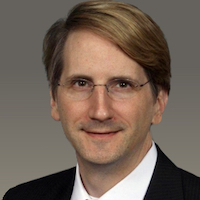A discussion on cyber hygiene practices that help reduce risk and increase resilience at your hospital
In 2021, cybersecurity breaches hit an all-time high, with 679 breaches affecting 45 million individuals in the U.S., an 84% increase in the total number of breaches since 2018. Distributed care, remote working, telehealth and information-sharing mandates continue to accelerate and are expanding the attack surface at a rapid pace.
To help reduce this increased risk, the U.S. Department of Health and Human Services (HHS) established the 405(d) Health Industry Cybersecurity Practices (HICP) Guide, which aligns with the National Institute for Standards and Technology (NIST) Cybersecurity Framework (CSF) and identifies ten practices that are tailored to small, medium, and large organizations. The intent is to help today’s overtaxed healthcare IT, Security, Privacy and Compliance teams to reduce their risk and increase resilience.
Listen as David Ting, Founder and CTO of Tausight and Will Long, Chief Security Officer, First Health Advisory discuss with Jen Ryan, SVP Marketing and Customer Relations at Tausight discuss how to:
- Navigate the 405d HICP and approaches that will reduce your organization’s risk – while helping to lower cybersecurity insurance rates and potential fines, as well as simplifying auditing and reporting
- Determine the basic steps that you can take to improve your organization’s cybersecurity resilience
- Learn ways to measure your organization’s performance against the 405d HICP


